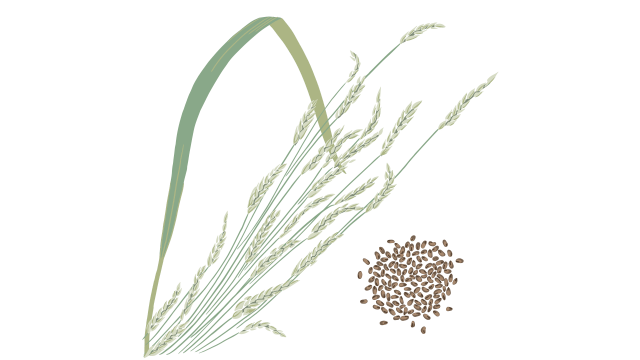From Hedonism to Eudaimonia: finding the true sense of lasting happiness

…well-being is not so much an outcome or end state as it is a process of fulfilling or realizing one’s daimon or true nature — that is, of fulfilling one’s virtuous potentials and living as one was inherently intended to live.
While formulating my vision of Wholistic Wellbeing, I read many books and texts about self-development. Before devising a program for others, I wanted to be sure of how it could work for everyone, which meant I needed to learn from a variety of sources.
As a business leader, I was also concerned about how to treat employees fairly and foster a healthy environment where workers would feel happy and motivated. This was challenging, however, as I was stuck with an old corporate paradigm that separates work from life and views happiness as something one should seek during their free time or the vacation. Work was work, play was play, and there was no room for overlap between the two.
But the problem with this vision is that it views play as inimical to productivity. And I believe that’s wrong. As my vision of Wholistic Wellbeing became clearer, I realized how important happiness and joy were to the workplace. I therefore committed to transforming the classic paradigm and creating a culture of joy at Roundglass.
But what actually is joy? The best definition one can offer comes from the Greek concept of eudaimonia: a word which combines the prefix eu (which means good, or well), and daimon (spirit). The ancient Greeks knew that happiness is a consequence of developing a “good spirit”: one that is measured, mindful and morally inclined to help others and improve the world around it.
It’s a kind of happiness which modern times have all but suffocated under the pressure of intense short-term gratification. Indeed, the form of happiness we have become accustomed to is closer to hedonistic indulgence. More is more: a formula that has been keenly exploited by mass media and advertising, but also by company leaders and managers. Happiness is about buying the latest ‘it’ outfit to impress others, or taking on more work than other colleagues to gain the boss’ approval. Our culture perpetuates a form of happiness that feeds the ego instead of the soul.
You’re probably thinking: ok boomer. Just because you can’t pull off the latest ‘it’ outfit, doesn’t mean that you should deprive us from doing so. But what I’m trying to say goes deeper than that.
We all enjoy the odd bout of hedonism: the occasional party that borders on excess, or a mouth-watering meal that forces us to unbutton our trousers. But hedonism becomes dangerous when it begins to permeate our lives, and this is what we’re witnessing in today’s Western culture. Excess, whether through lust, gluttony, or acquisitiveness, only results in stimulating more desire. And hedonism, which is about feeding desire, never satisfies. More dangerously still, it leads to addiction; and the object of that addiction, whether it is lust, gluttony, or wealth, is the paradoxical source of the pain you wish to eradicate. I am reminded of a line in David Bowie’s song “Cat People” about “putting out fire with gasoline.”
I’m not suggesting that we all be stoic, but rather that we learn to find happiness in the lasting rather than in the transient. Eudaimonia, according to the Ancient Greeks, is where true happiness resides. Short happy moments might come and go, but when we nurture our good spirit, we find that deeper contentment which the ancients spoke so wisely about.
So how do we nurture the good spirit? How do we find the infinite in the finite? The answer is Wholistic Wellbeing.
Through Wholistic Wellbeing, I want to help people rekindle with eudaimonic happiness. Finding one’s energy means realigning it to our deepest soul yearnings. That’s when we let go, step by step, of ego-driven desires. The more we allow ourselves to tap into this good spirit, the more we can see how negative desires waste energy and undermine us. Conversely, the more we find our personal eudaimonia, the closer we may come to attaining happiness. We feel a renewal of energy and stamina and become motivated to overcome the obstacles that keep us from achieving our highest potential.
We shouldn't put pressure on ourselves to be happy; we should simply choose the wellbeing tools that lead us toward happiness. When we seek something beyond ourselves and fight for the common good, we come closer than ever to eudaimonia. This has been my experience with Roundglass at its best.








